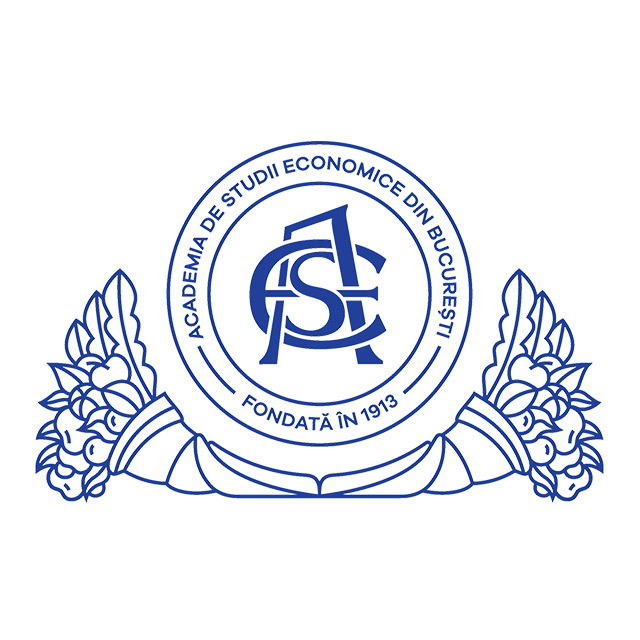
Instructors

Associate professor, PhD
Course Description
The discipline provides a structured understanding of economic concepts, starting from the fundamentals of economic thinking and evolving to the complex dynamics of the market and government interventions. In the first part, economic foundations are explored, focusing on concepts derived from human action and the economics of the isolated individual. The course then moves on to the market economy, examining the institution of private property, direct and indirect exchange, the emergence of money, the division of labor, and specialization. Subsequent chapters investigate the role of entrepreneurship, competition, saving and investment, as well as the mechanisms of supply and demand, interest, credit and debt. The discussion continues by analyzing profit and loss and the functioning of the capital market. In the second part, alternative and mixed systems are analyzed, from the socialist command economy to interventionism specific to the mixed economy, including price controls, taxation, protectionism and economic crises. This discipline provides a broad and critical perspective on the modern economy and the factors that influence it.




